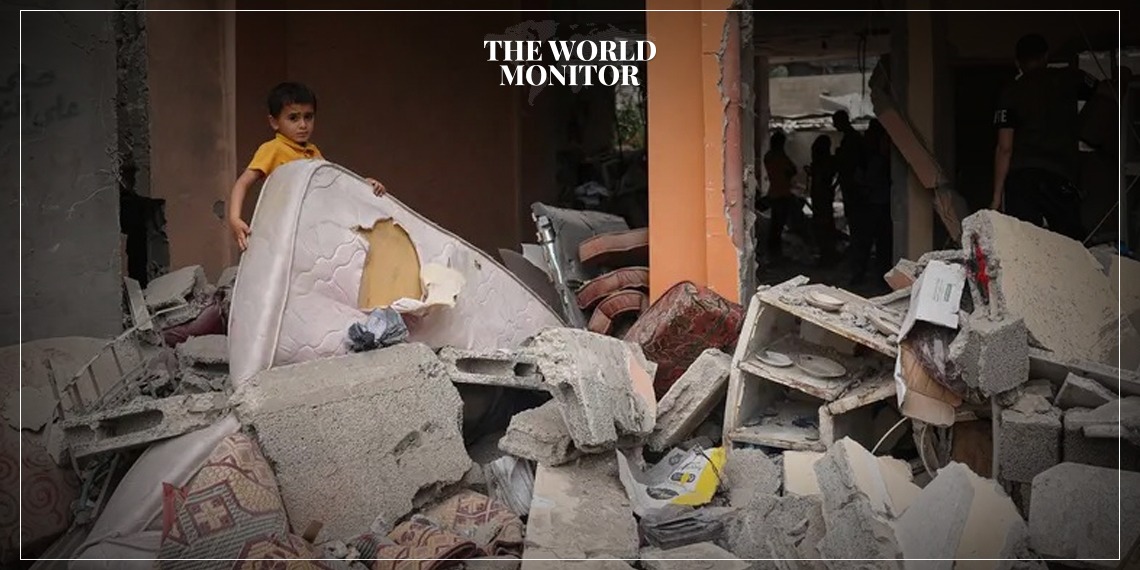In a recent White House statement, President Joe Biden conversed via phone with Israeli Prime Minister Benjamin Netanyahu, reaffirming his position concerning a potential Israeli incursion into Rafah, located in the southern Gaza Strip. While the specifics of the conversation were not disclosed, the U.S. expressed its inability to support any Israeli operation in Rafah lacking a credible humanitarian plan.
Previously on April 13, Biden and Netanyahu had discussions shortly after Iran launched missiles and drones towards Israel. This Sunday, the American statement reiterated the U.S. President’s strong commitment to Israel’s security. The leaders reviewed ongoing negotiations for the release of hostages taken during a Hamas-led attack on October 7, alongside an immediate ceasefire in Gaza. They also discussed increasing aid delivery rates, including preparations to open new crossings into Gaza.
In response to the impending actions in Rafah, the U.S. stressed the necessity of Israel addressing its concerns before any military advancements. A senior Israeli defense official noted that while the army was preparing for the evacuation of Palestinian civilians and targeting Hamas strongholds in Rafah, international warnings of a humanitarian disaster loomed.
White House National Security Council spokesperson John Kirby stated on ABC that Israel has agreed to consider Washington’s views and concerns prior to entering Rafah. He mentioned that U.S. Secretary of State Antony Blinken is set to visit the region soon to continue advocating for a temporary ceasefire of at least six weeks, hoping it will lead to a more sustainable solution. Kirby highlighted that the number of aid trucks heading to northern Gaza is on the rise, reflecting Israeli efforts to meet the commitments requested by President Biden.
Earlier this month, Biden urged Netanyahu to ensure the protection of Palestinian civilians and foreign aid workers in Gaza, warning that U.S. support could be limited if these conditions were not met. Amid intensifying diplomatic efforts for a ceasefire that would include prisoner releases, Hamas is considering a new Israeli proposal for stopping the hostilities in the besieged and famine-threatened Gaza Strip.
As internal pressures mount on Netanyahu’s government, thousands protested in Tel Aviv on Saturday night, demanding the release of hostages captured since October 7. In addition to the destruction and severe human losses, the war has led to a humanitarian catastrophe in Gaza, home to 2.4 million people, where strictly scrutinized Israeli humanitarian aid trickles in.






